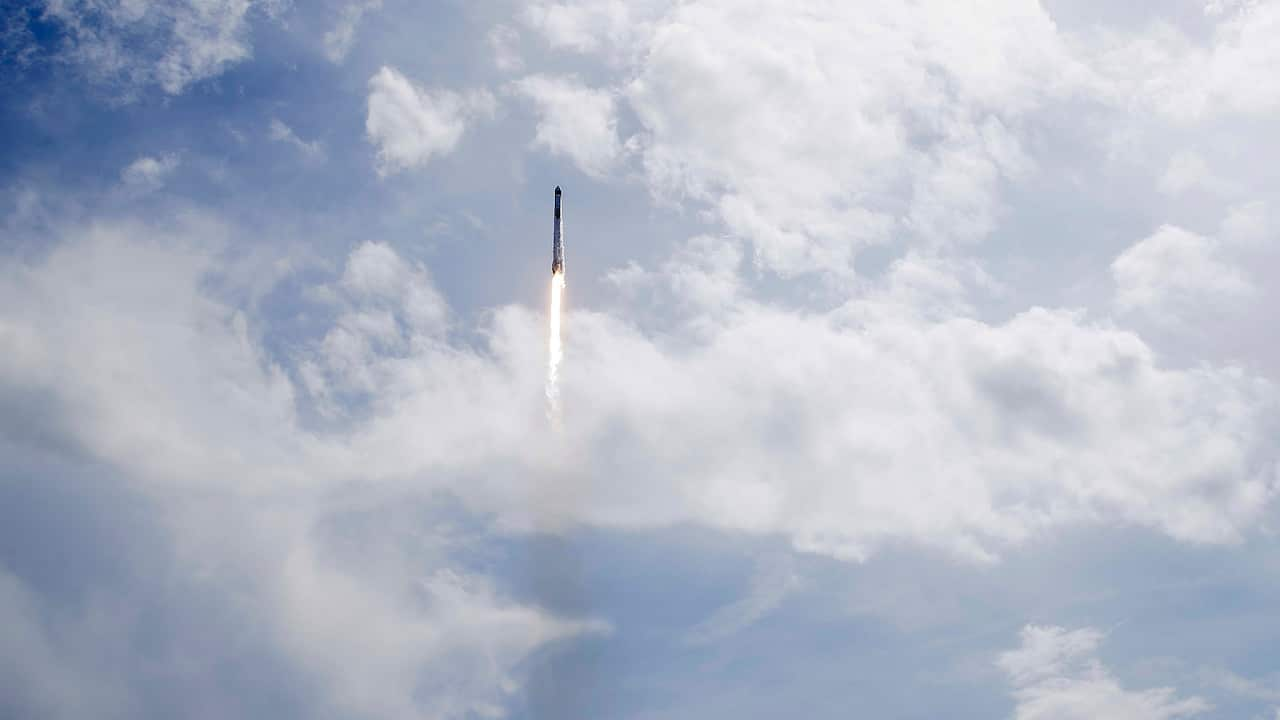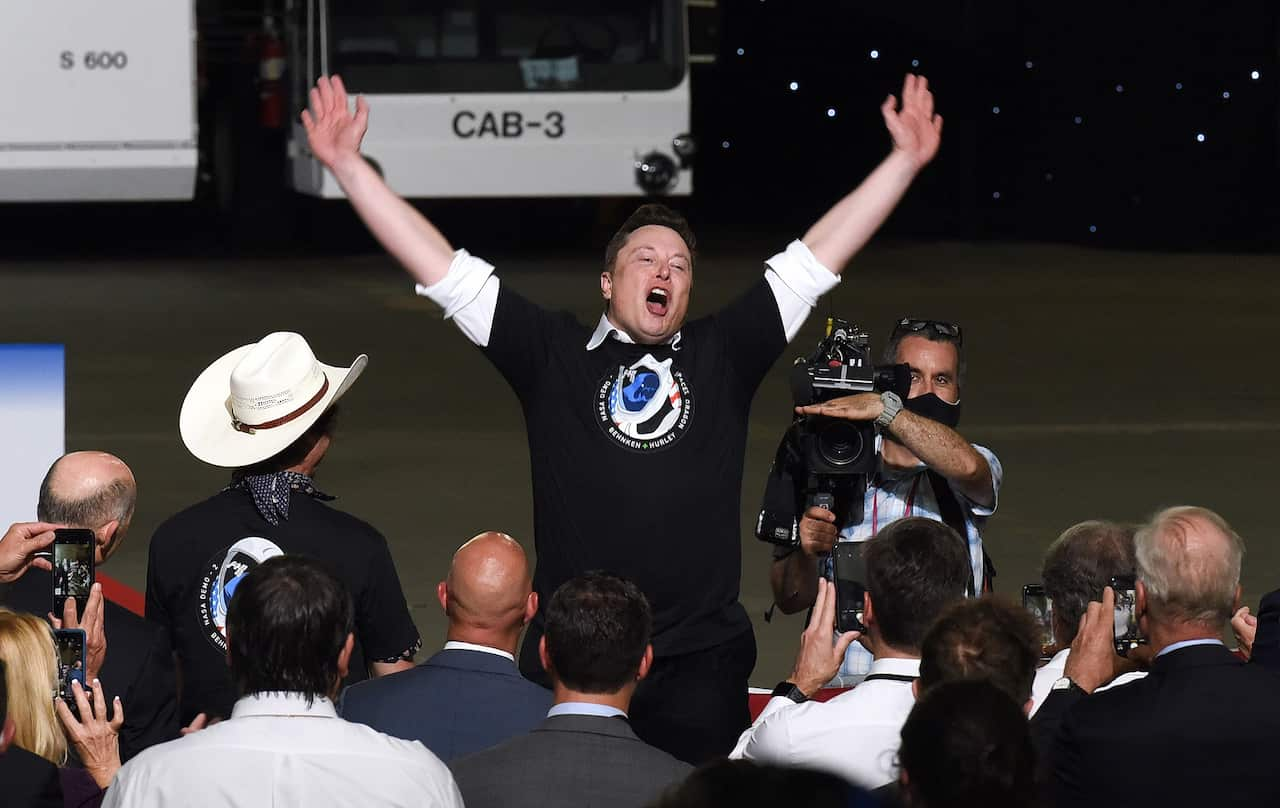Russia has lost its long-held monopoly as the only country able to ferry astronauts to the International Space Station following the flawless manned launch by US company SpaceX.
The Russian space agency congratulated the United States and Elon Musk's SpaceX on the first crewed flight ever by a private company, but experts said the launch should be a wakeup call for Roscosmos.
"The success of the mission will provide us with additional opportunities that will benefit the whole international programme," cosmonaut Sergei Krikalev, Roscosmos executive director for crewed space programmes, said in a brief video address.

Saturday's launch was the first of American astronauts from US soil since the mothballing of the US shuttle programme in 2011 that left Russia's more basic and reliable Soyuz spacecraft solely responsible for transporting crews.
Astronauts since then have all trained at Star City outside Moscow and studied Russian before blasting off from Baikonur launchpad in Kazakhstan.
"These flights have been an unexpected chance for Moscow to keep producing Soyuz and retain a significant voice in negotiations over the ISS," said Isabelle Sourbes-Verger, a specialist in space policy at the French National Centre for Scientific Research.
The Russian space agency has also earned large sums by ferrying astronauts: a seat in the Soyuz costs NASA around $80 million.
If SpaceX starts taking up all US astronauts, "the annual losses could be more than $200 million, a significant loss for Roscosmos's budget of around $2 billion," said Andrei Ionin, an expert at the Tsiolkovsky Space Academy in Moscow.
While Musk, the ambitious entrepreneur behind SpaceX, has named the price of a seat on his spacecraft as $60 million, Roscosmos chief Dmitry Rogozin has announced Russia is working to cut its price by 30 percent.
Ionin voiced scepticism over the plan.
"SpaceX is saving money by using cheap engines and manufacturing almost all its own parts," he said. "To do this, Russia would have to change its production process."
Another option is a barter system proposed by NASA administrator Jim Bridenstine: for every Russian riding in a US spaceship, one American would take a Soyuz.
'Wakeup call'
In a broader sense, the appearance of a rival such as SpaceX should be a "wakeup call" for the Russian space industry, which is "in far worse shape than those in charge admit," said Ionin.
A decade ago Russia was behind a large proportion of the world's launches, but that is no longer the case today due to competition from China and SpaceX.
"When we were losing the launches market, Roscosmos said everything was fine because we were the only ones sending people up to the ISS. Now that fig leaf has fallen off."
Russia's space sector is marred by corruption, with multiple scandals over the construction of the new Vostochny launchpad in the Far East.
The country's space industry has also failed to innovate, concentrating on modifying "Soviet technology without any major evolution," Ionin said.
The Russian space programme is renowned for having sent the first man into space in 1961 and launching the first satellite four years earlier, and its achievements remain a major source of national pride.
But more recently it has endured a series of setbacks, notably losing expensive spacecraft and satellites in recent years.
The rise of private companies like SpaceX, which has ambitions to conquer Mars, risks leaving Russia irrecoverably far behind, experts said.
Mars next?
For Russia to keep up, a government body independent of the space sector's main players needs to develop a new strategy, Ionin said.
"US President (Donald) Trump reestablished a body -- the National Space Council -- to set policy goals. We need to do the same thing."
Some observers sense a lack of political will from President Vladimir Putin who appears to be more focused on using rocket science to develop military capabilities, particularly hypersonic missiles.

"For Putin, space exploration isn't a priority when it comes to showing off the might of the state," said independent space expert Vitaly Yegorov.
For Ionin, reinvigorating the Russian space programme requires international cooperation, too.
Sourbes-Verger suggested any manned international mission to Mars "could be an opportunity for Russia to regain its standing by sharing its skills."
But, she said, the costs of any such mission would be so high that China -- now the world's second space power in terms of launches -- would need to be included.
Yet that prospect seems unlikely, she added, given that "the US Congress refuses any space cooperation with China."

